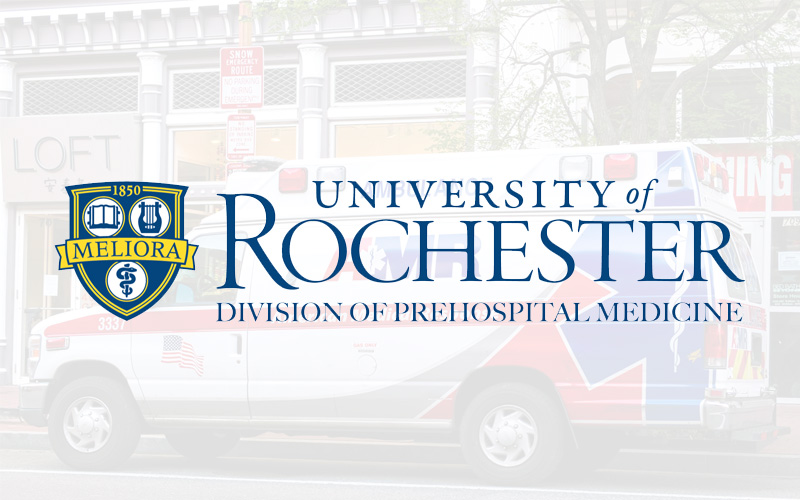Challenge
The Division of Prehospital Medicine, in collaboration with the Monroe-Livingston Regional Emergency Medical Services Council, is responsible for providing medical direction and oversight for over 100 public safety agencies across two counties in New York State. Providing services to all these agencies requires collaboration and a lot of coordination. With a large geographic area to cover, the Prehospital Division needed a way to efficiently provide training and track that education across a diverse user pool and many providers. Like so many these days, they knew the solution was eLearning and they went looking for a learning content management system (LCMS) that fit their needs.
Solution
Dr. Jeremy Cushman, Division Chief and Regional Medical Director, learned about CypherWorx through a colleague, “I liked the idea of working with a local organization. The implementation of the software has been great. Very simply, it is a robust tool that can disseminate education to a specific audience. Our only limitation has been how fast we can develop the content.”
Utilizing the Create-A-Course feature, primarily, as well as tracking hybrid training have been the focus of their use of the LCMS. With hybrid training, the organization is able to see who registered for an in-person training, allow them to complete pre-requisites, mark their completion, record CME hours and issue certificates of completion.
Conclusion
The Division of Prehospital Medicine has been using CollaborNation, the learning content management system developed by CypherWorx, for over three years. They utilize the Create-A-Course feature primarily and also track hybrid trainings that are offered across the two counties they serve. CypherWorx continues to add new
features increasing interactivity and usability, making it even easier and quicker for them to disseminate trainings as new policies and procedures are developed. Moving to a learning management system has allowed their regional group to focus on what’s important – keeping first responders trained and up to date on the latest in their field so they can provide high quality medical care when needed. In short, they can focus on WHAT people are learning, now that the HOW part is easy.

